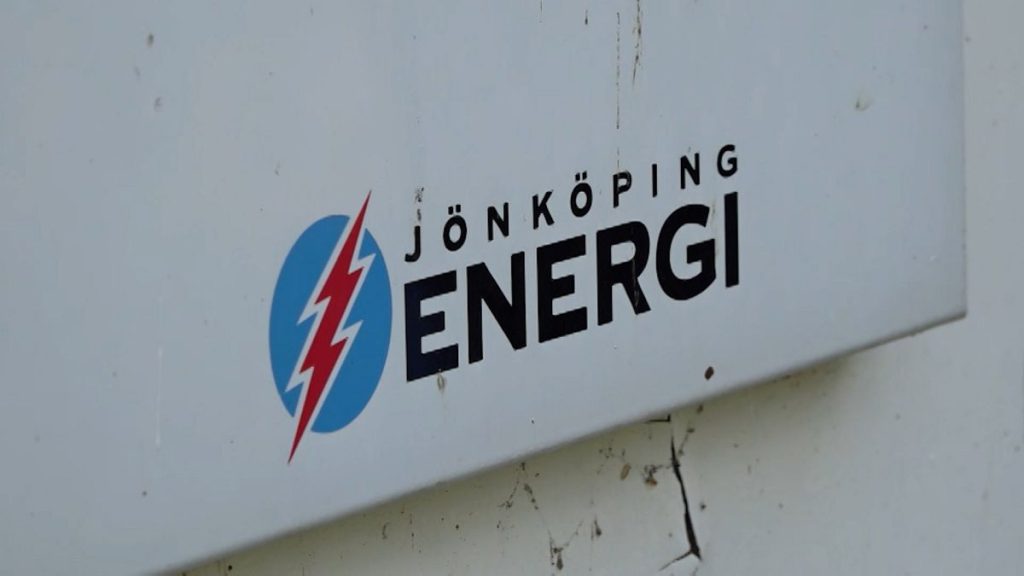Since Russia’s invasion of Ukraine in 2014, energy companies providing alternatives to fossil fuels have become increasingly vulnerable to cyber attacks and disinformation campaigns as part of a growing trend toward hybrid warfare. Renewable energy sources are particularly at risk as they represent a shift away from Russian fossil fuels. The NATO officials have identified renewable energy as a clear target due to its new and vulnerable technologies. Jönköping Energi in Sweden, which provides energy to 186,000 people through hydroelectric, wind, and solar power, is now working with NATO under the Nordic Pine exercise to prevent and respond to cyber and hybrid attacks.
Anders Ahlgren, an independent security expert, emphasizes society’s dependency on electricity as a vulnerability that can be exploited through disruption. With society heavily reliant on electricity, any disturbance to the supply can create chaos and fear among people. Cyber attacks on energy infrastructure can lead to societal disruption, making people anxious about when the electricity will be restored. The Nordic Pine exercise has demonstrated the need for collaboration between the private and public sectors, research institutions, and governments to protect new energy infrastructure from hybrid attacks. Prevention and preparedness are key in addressing the challenges of hybrid warfare, with communication playing a crucial role in coordinating efforts against potential threats.
Cyber attacks on energy infrastructure have become a common tactic in hybrid warfare, with ransomware and disinformation campaigns being used to target renewable energy sources as a means of harming an adversary without direct military action. The attacks on Ukraine in 2014 and subsequent incidents elsewhere have raised concerns in the renewable energy sector about the vulnerability of their technologies. The shift away from fossil fuels towards renewables has made these energy sources a target for those seeking to disrupt the energy supply chain. NATO’s recognition of the threat to renewable energy and its collaboration with companies like Jönköping Energi highlights the importance of protecting critical infrastructure from cyber threats.
The growing sophistication of cyber attackers poses a significant challenge to the security of energy infrastructure, with even small companies being targeted due to their interconnectedness in the digital landscape. The speed at which cyber attacks can occur, especially in the absence of robust cybersecurity measures, makes defending against these threats a priority for energy companies. As the energy sector becomes increasingly digitalized and interconnected, the risk of cyber attacks disrupting the supply of electricity and other essential services rises. Collaborative efforts like the Nordic Pine exercise aim to improve the cybersecurity preparedness of energy companies and governments to reduce the likelihood of successful hybrid attacks on critical infrastructure.
The intersection of energy security and national security is becoming more pronounced as cyber attacks on energy infrastructure threaten not only the availability of electricity but also the stability of society. Disruptions to the energy supply can have far-reaching consequences, leading to economic losses, social unrest, and political instability. The need for a proactive approach to defending against cyber threats to energy infrastructure is evident, with collaboration between different stakeholders being crucial to mitigating the risks. By strengthening communication and coordination between governments, military commands, private sector entities, and the general public, efforts to prevent and respond to hybrid attacks on energy infrastructure can be more effectively implemented.
In conclusion, the rise of cyber attacks targeting renewable energy sources in the context of hybrid warfare poses a significant threat to energy security and national security. Companies like Jönköping Energi are at the forefront of efforts to protect critical energy infrastructure from cyber threats through collaboration with organizations like NATO. The Nordic Pine exercise serves as a model for how public-private partnerships can enhance cybersecurity preparedness and resilience in the face of evolving hybrid threats. The recognition of the vulnerabilities of renewable energy technologies and the importance of communication and coordination in addressing cyber threats underscore the need for a comprehensive approach to protecting energy infrastructure in an increasingly digitalized world.













